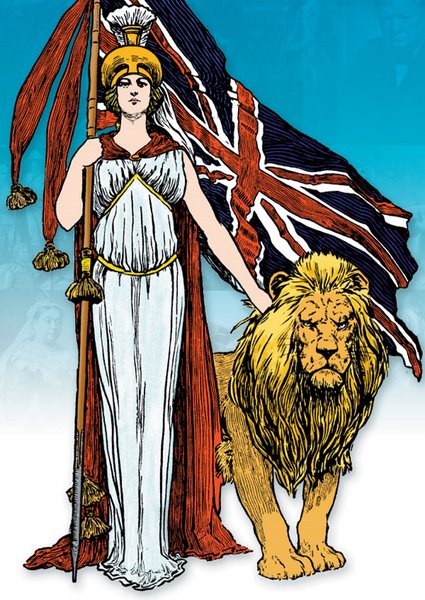As the government continues in its attempt to push through their plans for Regional Assemblies, within England, they attempt to suggest that this is a return to some previous system of political representation. This is of course absurd, and demonstrates a distinct lack of historical nowledge.
By the time of the Roman invasion, Celtic Britain had reached the third stage of Adam Smith’s four stages of economic development; farming. Although the Celts, in Albion at least, had past the stages of hunting and pasturage, they had yet to develop the concepts of commerce. Ostensibly, Albion was a land settled by tribes, and would have had no concept of a greater community. After the Romans left Britannia, an agrarian society was subject to invasions by an assortment of Angles, Saxons, and Jutes from approximately 450A.D.
These newly colonised ‘regions’ were to form an Anglo-Saxon Heptarchy; independent kingdoms namely Cornwall, East Anglia, Kent, Mercia, Northumbria, Sussex and Wessex. To further confuse issues, Angleland’s western kingdom of Cornwall was to remain predominantly Celtic in nature, whilst the eastern side of the country was to absorb Norsemen from a number of Scandinavian kingdoms.
The last successful invasion of Angleland by the Normans in 1066, and subsequent conquest and subjugation of the Anglo-Saxon peoples, saw the historic seats of power subjugated to an ever-increasing centralisation of power. So, when the government talks about returning power to the regions I ask myself, what the hell are they talking about.

Thursday, 1 February 2007
Subscribe to:
Post Comments (Atom)
2 comments:
Mark
re your last paragraph. Harold is one of my all time heroes. Atrue warrior king.
Ben,
You raise one of those funny issues in English history. Harold II was a Godwinson, and although the last Anglo-Saxon King of England was in fact a Dane.
Saxon strength had been severely diminished by the Norsemen, and a number of kings such as Canute were Scandinavian in origin.
This was one of the reasons for the Norman invasion. The Normans had supported a restored Saxon monarchy in 1042. William was unwilling to see a return to Norse control of England under the Godwinsons, on Edward the Confessors's death, in 1066.
You are totally right in that Harold was "a true Warrior King". As was William! A number of unfortunate circumstances led to his defeat, beginning with the Viking invasion in the east. Such is history!!!
Post a Comment